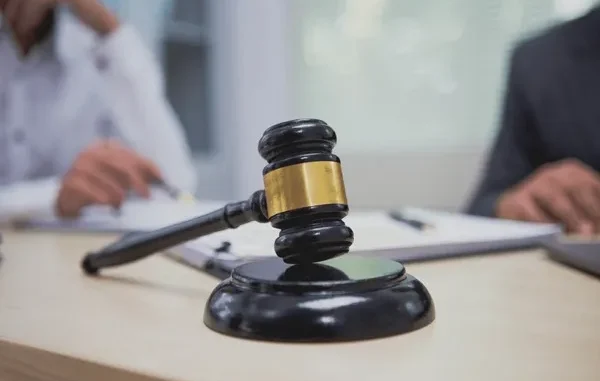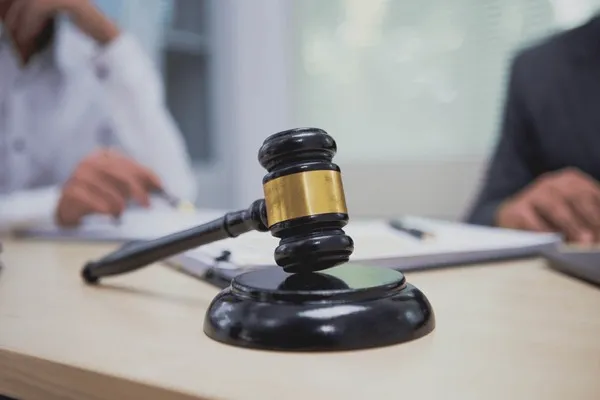

Personal injuries may happen unexpectedly on the highway, in the workplace, or even in public places like shops or sidewalks. Kentucky is a beautiful state in the United States. For Kentucky residents, the state has laws that shield victims of injuries caused by another party’s negligence.
Whether it’s a car accident, a slip and fall, or a dog bite, understanding your legal rights is the first step in making sure you’re treated fairly and can begin your path to recovery. When you make a personal injury claim, you need to understand how the statutes might affect your case.
Kentucky’s two-year statute of limitations, comparative fault rules, and no-fault auto insurance system can all affect how much you can recover or whether you can even make a claim. Staying up to date with these legal requirements keeps you from losing critical deadlines and keeps you on course from the usual pitfalls that may derail your case.
Comparative Fault Rule
Kentucky has a pure comparative fault law where plaintiffs can recover despite not being faultless in the cause of the accident.
For example, if a court finds you 40% responsible for the accident, you would get 60% of your total damages. The law makes sure that victims do not go without receiving the help they need to heal from being partially blamed for an accident.
Two-Year Statute of Limitations
In most personal injury cases, Kentucky law requires filing within one year of the injury. However, if your claim involves no-fault (PIP) benefits from a car accident, you may have up to two years from the date of the last PIP payment. You’ll lose your rights to compensation if you fail to file within the two-year window.
No-Fault Insurance System for Car Accidents
Kentucky uses a no-fault auto insurance system, which means that your own insurance company covers your initial medical bills and lost income, regardless of who caused the crash.
However, you can sue the other driver if your injuries are severe, involve permanent disfigurement or breaks, or if your physician charges more than $1,000. The system provides access to medical care and allows room for legal action where it is deserved.
Caps on Punitive Damages (But Not on Compensatory Damages)
Kentucky has zero limits on compensatory damages. You will be reimbursed for medical costs, lost time, and other damages according to the constitution. Punitive damages punish particularly irresponsible or reckless conduct.
While courts carefully review these damages, they can still be awarded in the most extreme cases, such as DUI crashes or incidents involving gross negligence.
Insurance Bad Faith Protection
Kentucky law prohibits insurance carriers from committing bad faith in the unreasonable denial of or delay in payment of valid claims.
If the insurance company fails to make a fair and prompt investigation and payment of your claim, you have the right to sue them in bad faith and recover additional damages, including punitive damages.
Strict Liability for Dog Bites
Kentucky imposes strict liability for dog bites, in that the dog owner is responsible for whatever harm their dog causes, irrespective of whether the dog has a history of violence.
Victims need not provide evidence of negligence or knowledge on the part of the owner that the animal was dangerous, only that the bite occurred. This actually strengthens the hand of a victim to sue and recover.
Claims Against Government Entities
Although government bodies typically enjoy sovereign immunity, Kentucky’s Board of Claims Act allows victims to file injury claims against state or local agencies when negligence is involved.
These claims follow a special process with shorter deadlines and different procedures, but the statute ensures that victims harmed by government employees or unsafe public property still have a legal remedy.






Leave a Reply